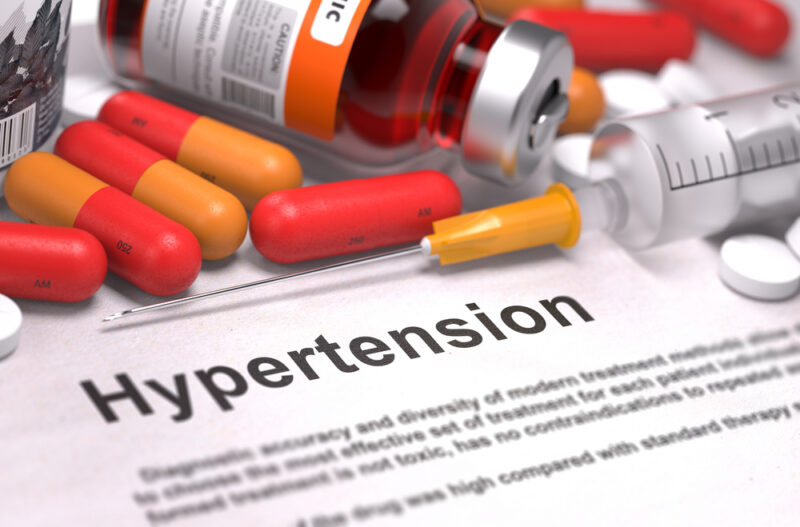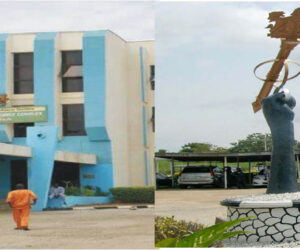As the world marks World Heart Day 2025 under the theme “Don’t Miss a Beat”, experts are raising fresh concerns over the growing burden of cardiovascular diseases in Nigeria, where millions of people are living with high blood pressure without knowing it.
Marked every 29 September, the day is dedicated to raising awareness about cardiovascular diseases- the world’s leading killer. In Nigeria, the occasion has renewed attention on hypertension, the biggest driver of heart attacks and strokes.
The Nigerian Cardiac Society (NCS) estimates that between 30 and 40 per cent of Nigerian adults have high blood pressure, but fewer than one in five are aware of their condition.
This explains why many cases remain undiagnosed and untreated, leaving people vulnerable to heart attacks, strokes and sudden death.

“Hypertension is the leading risk factor for heart disease and stroke, and unfortunately, many Nigerians don’t even know they have it,” said Oladipupo Fasan, head of cardiology at the National Hospital, Abuja, and Secretary-General of the Nigerian Hypertension Society.
According to NCS, only about 10 per cent of Nigerians living with the condition are currently receiving treatment for the condition.
Silent killer
Hypertension, often described as a “silent killer,” usually presents no symptoms until serious complications set in.
“This is why we call it the silent killer,” Mr Fasan explained. “Hypertension often has no symptoms for years. By the time people feel unwell, it may already have caused serious damage to the heart, brain, or kidneys.”
In June 2025, the Nigerian government raised concerns that many cases of hypertension in the country remain undiagnosed, adding to the country’s rising burden of non-communicable diseases.
Speaking at the 25th Annual Scientific Conference and General Meetings of the Nigerian Hypertension Society in Abuja, the Special Adviser to the President on Health, Salma Anas, noted that “nearly one in three Nigerian adults has hypertension, yet many are unaware of their condition.”
Also recently, the World Health Organisation (WHO) raised concerns over the global burden of hypertension, warning that despite being both preventable and treatable, the condition continues to kill millions each year.
Link to Nigeria’s heart disease crisis
Uncontrolled high blood pressure is a primary driver of heart disease in Nigeria, directly contributing to hypertensive heart disease (HHD), a condition where the heart muscle thickens and eventually weakens, often leading to heart failure.
It is also the leading driver of stroke, which frequently results in long-term disability or death, and a significant contributor to kidney failure and coronary artery disease.
“High blood pressure damages blood vessels everywhere in the body,” Mr Fasan said. “It can lead to stroke, dementia, kidney problems, and heart attacks. That is why undiagnosed and untreated hypertension is now the biggest engine of our cardiovascular crisis.”
Cardiovascular disease (CVD) is a group of conditions affecting the heart or blood vessels (veins and arteries).
WHO describes CVD as the leading cause of death globally, accounting for an estimated 17.9 million deaths each year. Of these, 85 per cent result from heart attacks and strokes.
Why Nigerians are “missing the beat”
Mr Fasan further explained that undiagnosed hypertension persists because of some systemic and social barriers.
“Hypertension has a long latency period and no obvious symptoms, so people often do not take it seriously until complications set in,” he said.
According to the doctor, ignorance and misconceptions remain a major challenge, with many “resorting to unverified remedies and herbal mixtures widely promoted on social media.”
“Among those who know their status, up to half do not control their blood pressure because of poor medication adherence or misinformation,” he noted, adding that health workers must actively counteract false narratives online.
Mr Fasan highlighted that the government must invest in stronger primary health systems, train more health workers, and reduce the cost of treatment so people can access care early.
Call to action: Don’t Miss a Beat
Mr Fasan noted that the first step is routine screening for individuals.
“Every adult should know their blood pressure numbers,” he said. “Regular check-ups, healthy diets, exercise, and avoiding harmful habits like smoking are simple steps that save lives.”
He said the government’s priority is to strengthen the primary healthcare system so that blood pressure checks become part of everyday care at the community level.
Training health workers, expanding access to affordable medicines, and investing in public awareness campaigns are critical.
READ ALSO: Delta sacks, demotes health workers for extorting pregnant women
“Government policies must reduce the cost of hypertension drugs and make them widely accessible,” Mr Fasan said. “Health insurance also needs to work better so that treatment does not push people into poverty.”
According to the WHO, eliminating artificial trans fats and managing modifiable risk factors, such as excessive salt intake, physical inactivity, and tobacco use, are crucial strategies for reducing the global burden of heart disease.
“At the end of the day, tackling hypertension is about building stronger health systems and healthier habits,” Mr Fasan said.










